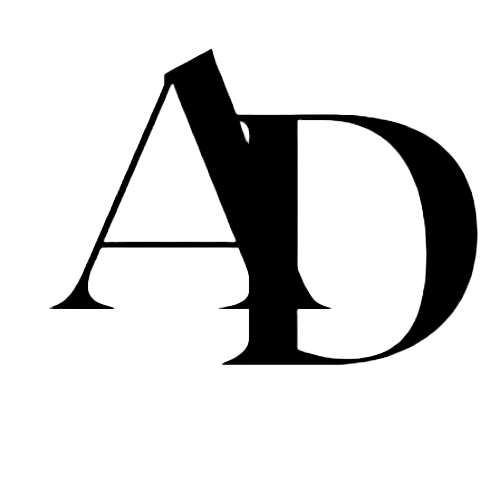Work and Permits
Open Work Permit, Employer-Specific Work Permit, International Experience Canada (IEC) Permit, Temporary Foreign Worker Program (TFWP) Permit. Each has a list of eligibility criteria incumbent on the applicant. Get in touch for an assessment, and for expert help in filling and filing!
“Before applying for a work permit in Canada, it is crucial to determine if you are eligible”
The five most common work permits are:
- Post-Graduation Work Permit (PGWP)
- Open Work Permit
- Employer-Specific Work Permit
- International Experience Canada (IEC) Permit
- Temporary Foreign Worker Program (TFWP) Permit
Post-Graduation Work Permit (PGWP) Eligibility Factors:
Open Work Permit:
The eligibility factors for an open work permit in Canada can vary depending on the specific LMIA exemption category under which an applicant is applying. Generally, an open work permit allows a foreign national to work for any employer in Canada for a specified period of time, with certain restrictions that may apply to occupation or location but not the employer. Below are some of the common eligibility factors for various open work permit categories under the International Mobility Program (IMP):
It is important to note that the eligibility criteria for each category may have additional specific requirements. Applicants should consult an immigration consultant to review their eligibility and determine which options are best for them.

